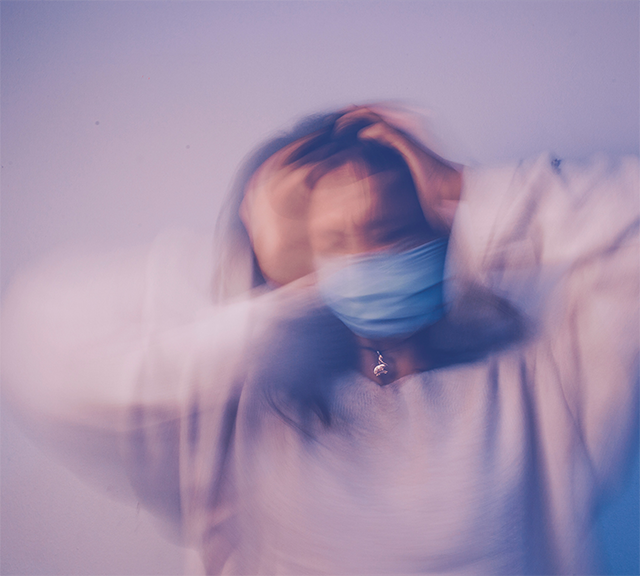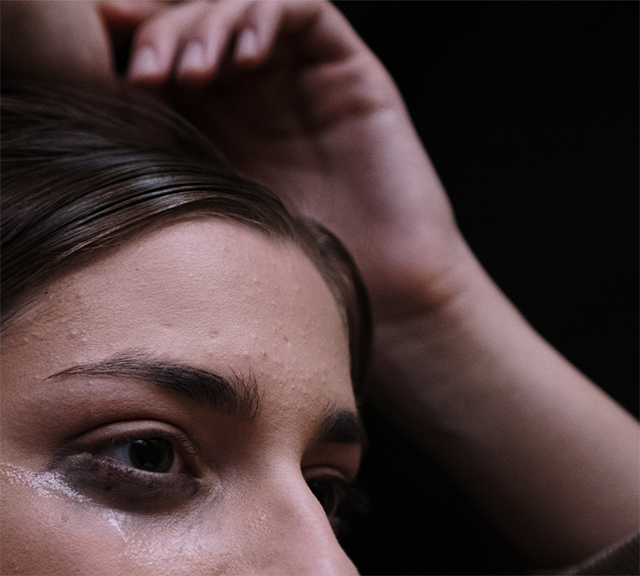Masking the Pain: The Manifestations of Masked Depression
How often do you feel down or unhappy, yet don’t show or admit it to anyone? Experiencing negative emotions, but yet you try to mask the pain? According to Psychology Today, 1 in 10 of your friends could be experiencing depression, and one of the worst kinds of depression is one that is covered up, often with a smile.

What is called Smiling Depression or “masked depression” is a type of depression that is difficult to detect, since the mental struggles and depressive symptoms are often covered up with a smile or with seemingly positive emotions. Smiling Depression can manifest in many ways, and can be caused by incidents that are often specific to the person affected.
It can also be characterized by physical symptoms or what is called somatic or somatoform symptoms. This type of depression is something that you may have encountered with your loved ones but failed to notice. This is why this article will help you understand its symptoms and manifestations, and what you can do for yourself and for others.

Masked depression came into popularity in the 1970s and 1980s. However, over time it has fallen out and is no longer listed as a clinical diagnosis. This is perhaps due to the diagnosis being vague with a wide-ranging list of symptoms, which could often lead to misdiagnosis. Despite it not being a formal diagnosis, we can’t discount the fact there still are symptoms experienced by people who associate with having masked depression.
Somatic, also known as somatoform symptoms, is what is used to describe the condition of those who are undergoing masked depression. This is when the person is experiencing physical symptoms, without feeling the psychological symptoms that are associated with it. In addition, people who were diagnosed with masked depression in the past also reported cognitive and behavioral symptoms as well. The symptoms associated with masked depression may include:
- Rapid heart rate
- Difficulty sleeping
- Chronic physical pain (Back pain, joint pain, headache)
- Gastrointestinal pain
- Fatigue
- Sexual dysfunction
- Lack of energy
- Social withdrawal
- Trouble concentrating
Although masked depression is no longer used as a formal diagnosis, similar terms are still used by some who experience the same symptoms. Clinical terms such as somatic symptoms, somatic disorder, somatization disorder, and even “smiling depression”. The term “hidden depression” is also used to describe someone who is experiencing depression but does not outwardly express their emotions.

Masked depression or smiling depression can also manifest in other ways. Depression is often described as having a deep sense of sadness, lethargy, and despair. A person who is living with smiling depression experiences the same type of symptoms yet presents an outward facade that shows happiness and an appearance of being more “put-together” towards the people around them.
There is really no specific cause for people to experience smiling depression. It may be because of a traumatic event, losing a loved one, career-related problems, or losing one’s sense of purpose.

In addition, some who have relationships with their friends and family who stigmatize depression, or those who have unrealistic expectations towards them may be prone to experience smiling depression, since they are more likely to cover up the pain and sadness that they are feeling within themselves.
To say that experiencing depression is difficult is a clear understatement and something that should never be underplayed. Masked depression or smiling depression can manifest in many different ways from physical or somatoform symptoms to feeling more negative emotions and may be caused by a variety of personal experiences in one’s life.
Having to cover up depression with a “smiling” facade may make it hard to notice or reach out to others, and for others to extend their help to you as well. That is why it is important to find someone whom you can be most authentic with and take off your mask, and to always make sure to sincerely ask your loved ones how they’re doing.
As always, asking for help from a health professional is always advised to talk about what’s going on within your body and mind, and to receive proper medication for your symptoms. Also, remedies such as psychotherapy, physical exercise, natural medication, and relaxation techniques may also be an option.
Every single one of us wears our own “mask”, and underneath it is a wave of emotions and personal experiences that only we can truly understand. Whether we choose to take it off or not, having the willingness to live and breathe in itself, is already an act of courage.